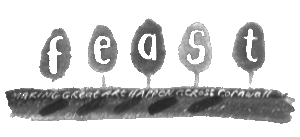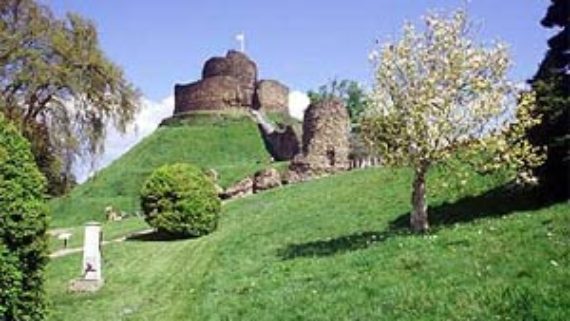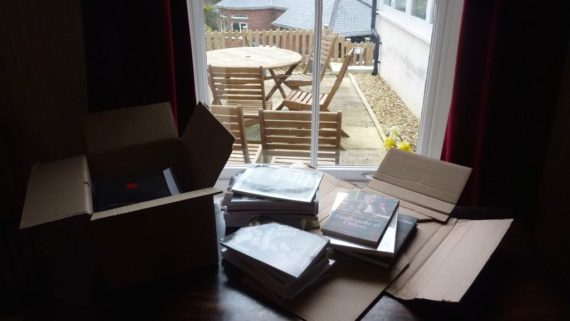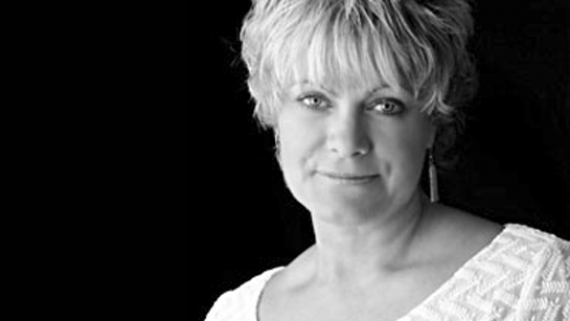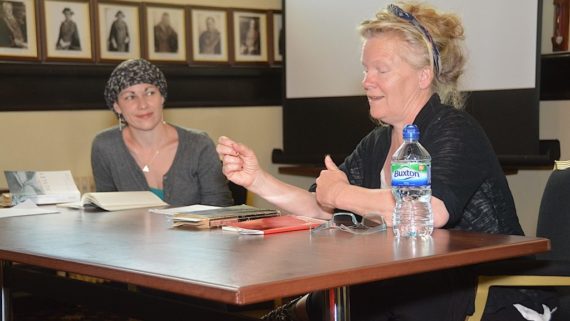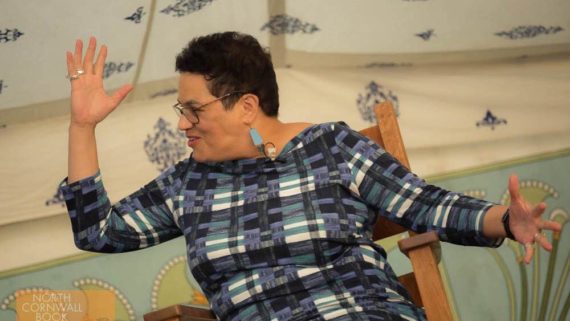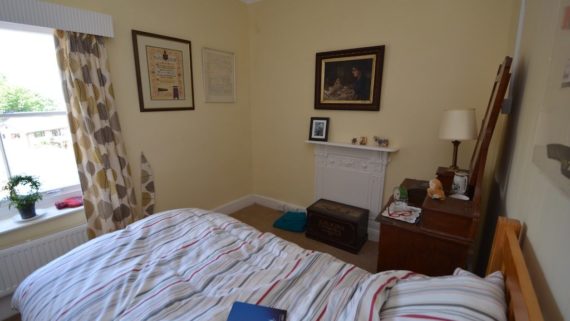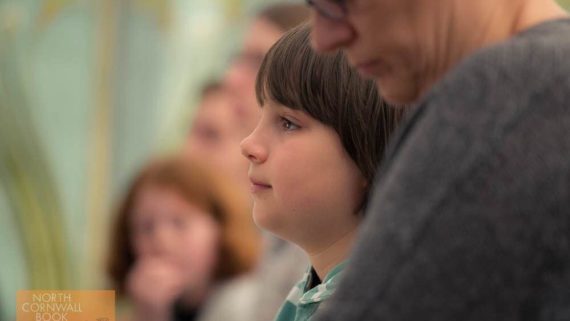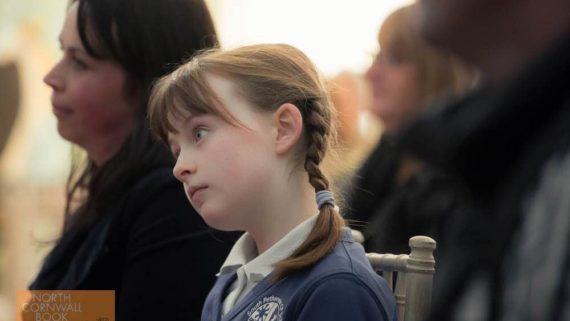I’ve listened to a lot of solo piano music over the last few months while wondering if I can imagine Charles Causley’s interest in and appreciation of the piano – an instrument that for centuries has been so beautifully composed for and often so beautifully played. I wonder as a writer too, at the symmetry of words and music – can I compare a single note to a single word with its attendant meaning(s) and significance or is a note more comparable to a single letter than to an entire word? A component waiting among others to be assembled according to some instruction?
This podcast is the last in the series of 4 sections incorporating the recital at Cyprus Well by the Portuguese virtuoso, Marcelo Montes. The series has also featured readings by the writer in residence, Andrew Fentham (in part one of the podcast linked to my first blog post) and in part three of the series, an attempt to partner words with piano between myself and Marcelo.
This morning, as I listen to a recording of Chopin’s 3rd Sonata in B minor, I’m struck by how we compose noise and utterances into such things as music and poetry. If everything were possible at once I could as easily be listening to John Cage’s 4′ 33″. But that would mean purely listening without there being anything being played to actually “listen” to. A silence composed of whatever is out there rather than a composed or musically improvised narrative being replayed or performed.
Now there’s an idea – that silence is never experienced the same twice. Film soundtracks are similar – we don’t necessarily notice that the soundtrack is often a complete fabrication and has been recorded at a different time to when the images we’re looking at were recorded. Unless we are sound artists or engineers, in which case we listen technically with a different kind of ear. Many years ago I worked as a lighting engineer in theater, and now whenever I go to see a performance, I can’t help but stare up into the dark theater ceiling above, seeing if I can make out the ‘parcans’ follow spots and other bits of technology in the lighting rig that makes the stage appear ‘natural’ or are used to create a certain atmosphere.
What’s this to do with poetry then? Well, nothing and then again just about everything at the same time. Art inhabits an ethereal situation in our being, sometimes it is entertaining, sometimes thought provoking, sometimes challenging us, sometimes being challenged by us. But there it is, and with it we sometimes sense how to judge our lives, our society, our common culture, the balance between our freedoms and our responsibilities. A poem is inseparable from the rest of life as it is lived. Even in the moment, in the time it takes to experience a haiku, it is read and stored somewhere inside us, perhaps filed away near the elusive silence we imagine though never really experienced. Time taken to have a cup of tea might be all the poetry we need in a day. The written word, the spoken, or the signed being a signpost toward what we strive for, a single note played beautifully in an unknown key that never somehow ends.
Word Fields - A Series of New Work
As for my own writing I’ve embarked on a new series of text and layouts I’m calling “Word Fields”. Working on the basis that there is some qualitative difference between page and voice, I took along one of my new “Word Fields” to last night’s 7 Stars writers meeting. It helped me to evolve the form, and to think about where it is going. For me the idea of the field is to present words on the page without a linear hierarchy – one word must follow another of course, but in the field there is the possibility of looking and allowing the words and phrases to come to the viewer’s attention as the viewer sees them rather than as the poet/writer has written them. So I’ve included one here to look at as an example. It’s like the word square puzzles where you’re asked to find the words from the up down or diagonal spans of letters in a grid format. What words or phrases do you first see? So the poem is as much made up by the viewer. You harvest things as you might pick a bunch of flowers from a meadow.
Let me know what you think, about the idea of “Word Fields” I know it’s a bit unconventional, but it’s funny how the mind works too.
Mac Dunlop will be acting as mentor to poet-in-residence Andrew Fentham until his residency ends in April as well as aiding in various centenary celebrations throughout the rest of 2017.

